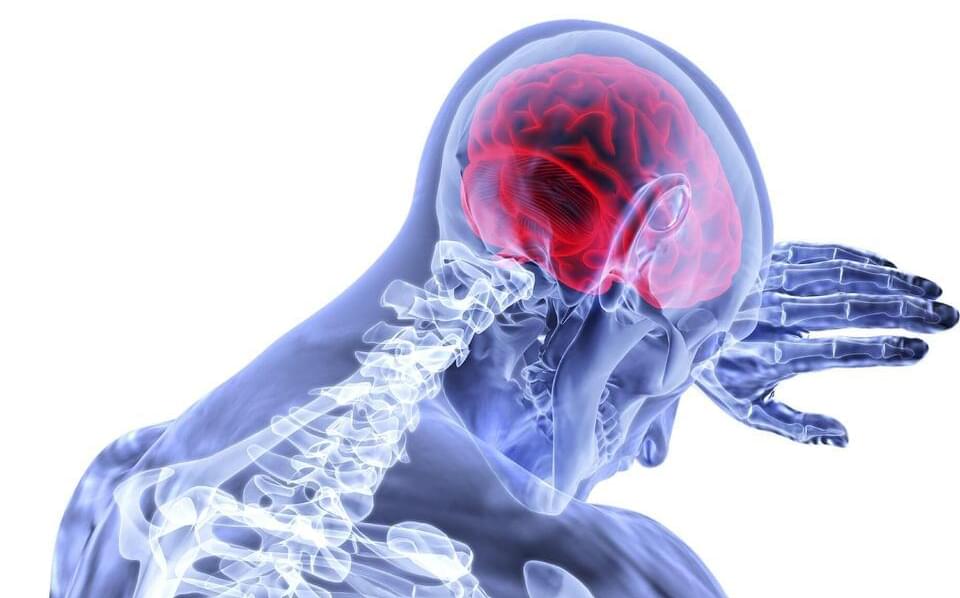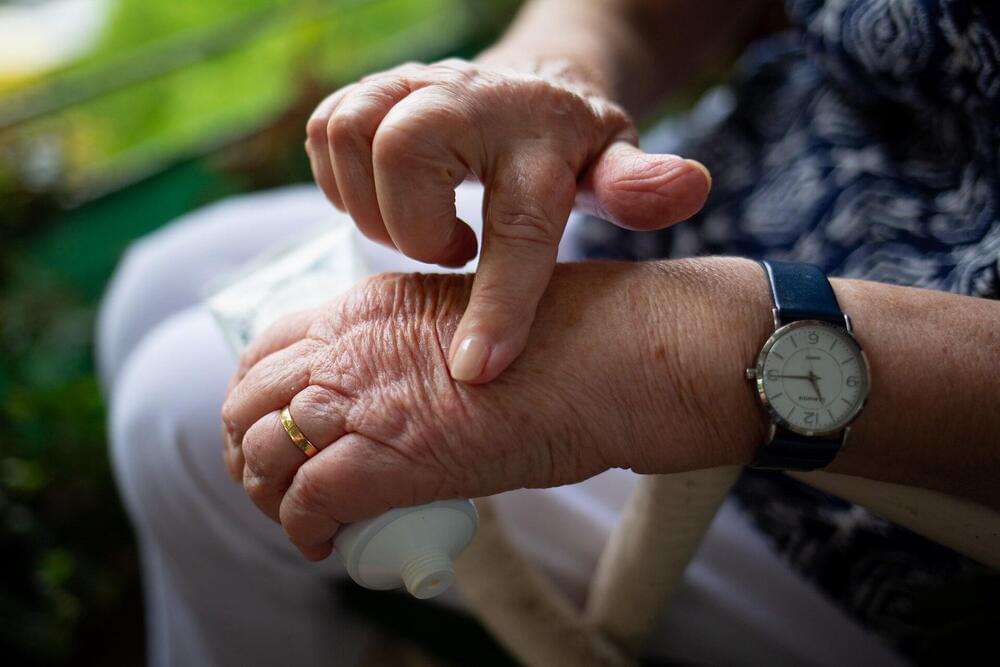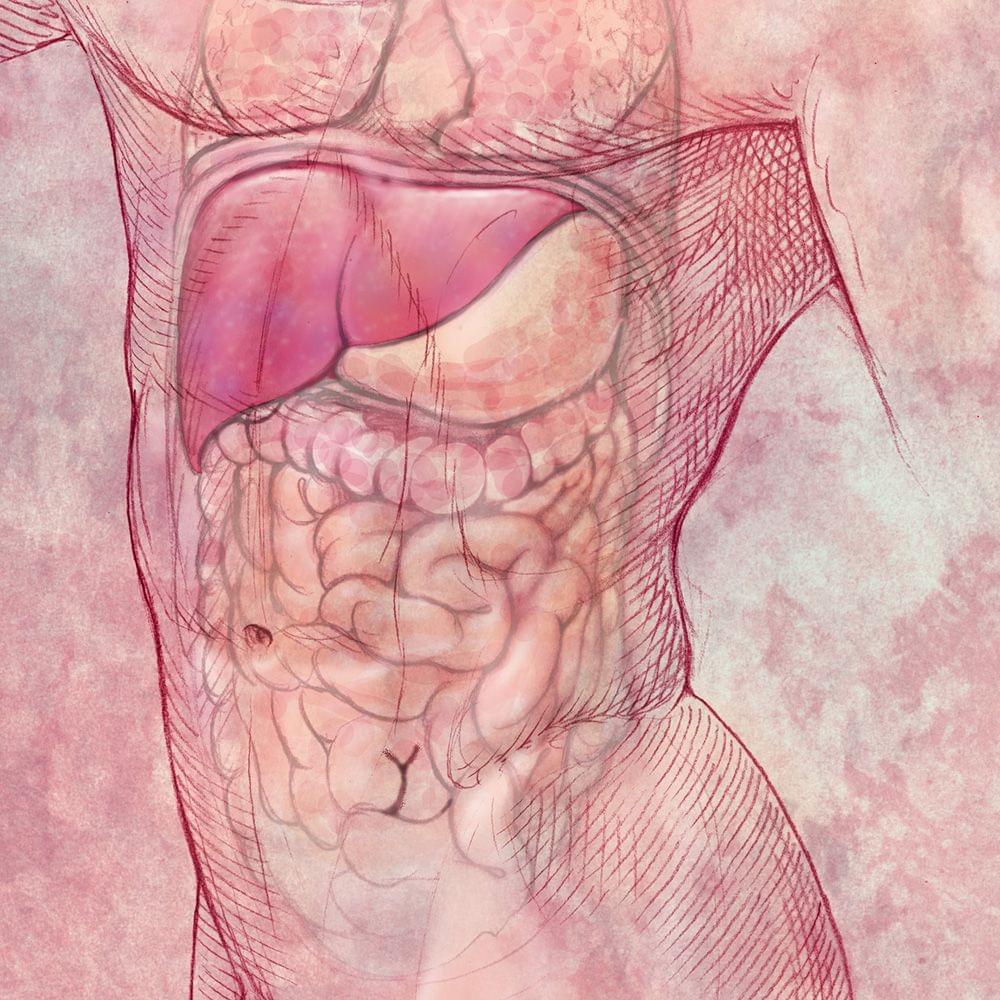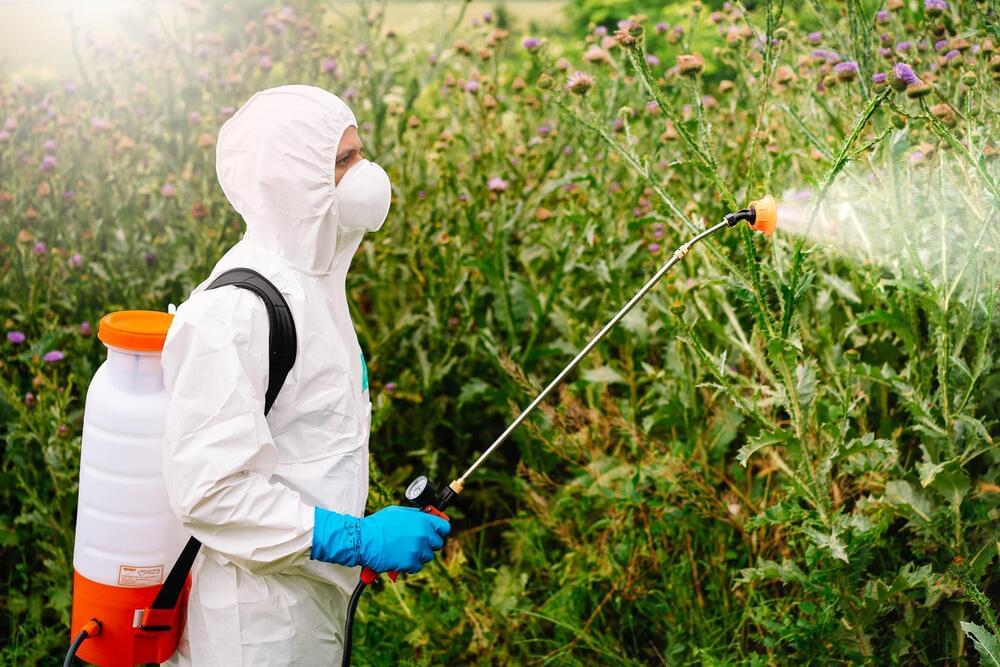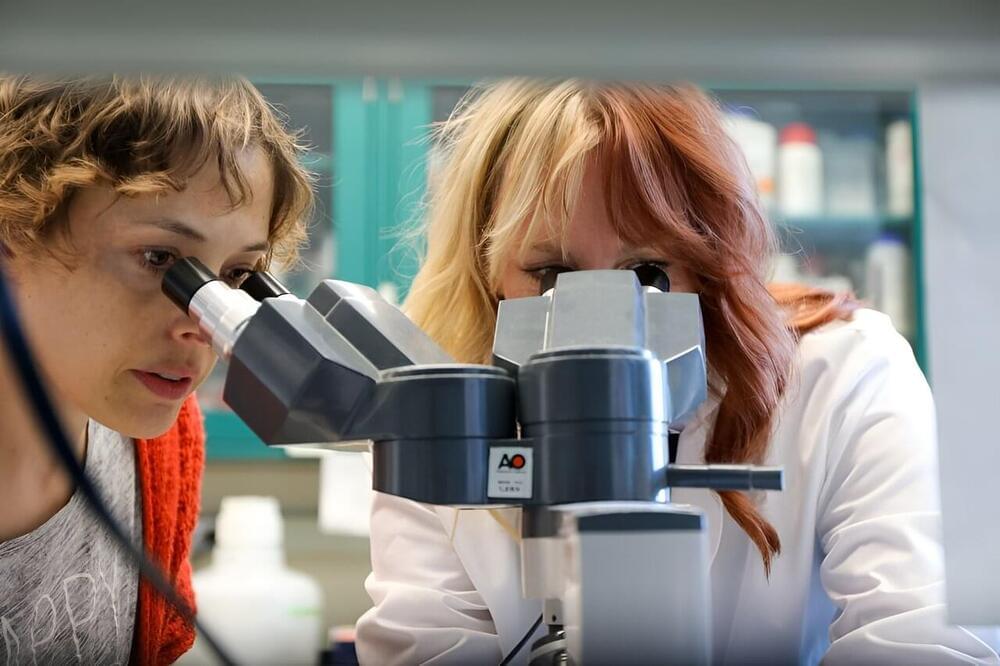In a suite of 21 papers published in the journals Science (12), Science Advances , and Science Translational Medicine , a large consortium of researchers shares new knowledge about the cells that make up our brains and the brains of other primates. It’s a huge leap from previously published work, with studies and data that reveal new insights about our nervous systems’ cellular makeup across many regions of the brain and what is distinctive about the human brain.
The research consortium is a concerted effort to understand the human brain and its modular, functional nature. It was brought together by the National Institutes of Health’s Brain Research Through Advancing Innovative Neurotechnologies (BRAIN) Initiative.
Hundreds of scientists from around the world worked together to complete a range of studies exploring the cellular makeup of the human brain and those of other primates, and to demonstrate how a transformative new suite of scalable techniques can be used to study the detailed organization of the human brain at unprecedented resolution.
